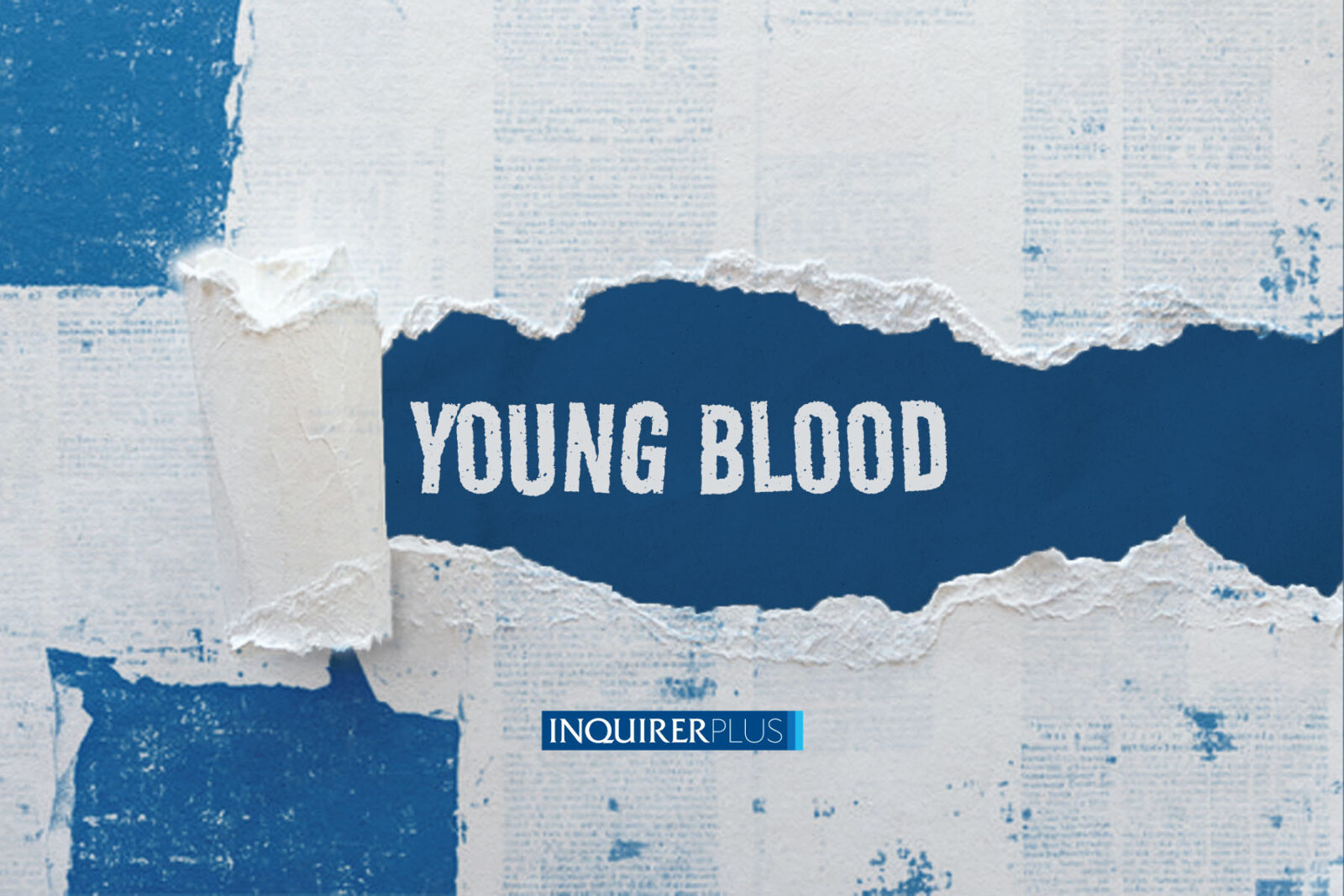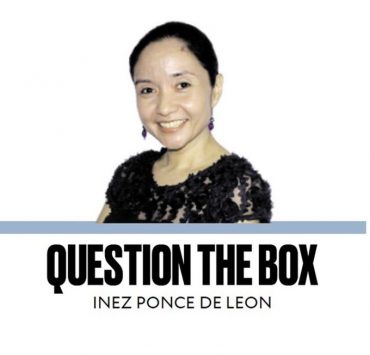Bylines and bullseyes

My first threat arrived on July 3, 2020—the same day the Anti-Terrorism Act was signed into law. I had just finished speaking about press freedom at a university forum when my phone lit up with messages from faceless accounts.
“Stop spreading lies, terrorist,” one read.
Another warned: “We have your information.”
At 20, my crime was teaching journalism skills to students. My parents considered disconnecting our internet to shield me from these messages. They didn’t, but I saw the fear in their eyes. I realized what veteran journalists had warned: in the Philippines, bylines become bullseyes, with published truths transforming your name from authorship to target.
As a former student journalist, I built my early career around verifying facts—editing articles, covering press conferences, and training young writers. But in the pandemic’s isolation, truth itself became contraband.
The Red-tagging followed a precise blueprint: First, accusations—branding me a “terrorist” for conducting journalism workshops. Then, coordinated harassment via fake accounts with Philippine flag avatars, followed by death threats and doxing attempts. While Red-tagging aims to isolate targets, I was fortunate— friends who shared my principles stood beside me, creating solidarity amid the digital onslaught.
For months, I became a prisoner of hypervigilance—scanning streets for unfamiliar vehicles, deleting family photos that attracted online anger, and questioning whether to continue speaking publicly. This chilling effect is intentional—making young voices question every post and talk. Red-tagging achieves its goal through the slow suffocation of dissent.
The Anti-Terrorism Act’s signing that day wasn’t a coincidence. Its vague provisions created perfect conditions for state-sponsored harassment.
I was lucky. For others like Frenchie Mae Cumpio, a 26-year-old community journalist who covered alleged military abuses, Red-tagging led to imprisonment.
Despite these threats, anger became my compass. Each intimidation fueled deeper investigations into pandemic corruption. When trolls mocked my academic awards, I wore them defiantly—proof that excellence unsettles those thriving in lies.
Throughout this ordeal, I recalled my media law professor’s words: “Know the 1987 Constitution by heart. When you understand your rights, you become harder to silence.” Those weren’t classroom platitudes but practical armor. Article III, Section 4 doesn’t just guarantee press freedom—it demands we exercise it. The Constitution isn’t an abstract theory but a shield for those brave enough to wield it.
Until recently, I taught journalism, where hope still flickered. One group of students restored my faith in our profession. They asked uncomfortable questions, pursued risky leads, and challenged power with meticulous fact-checking. Beneath their anxiety, they used humor as armor—transforming fear into action through shared courage.
This group had guts that some journalists had lost. Their resilience reminded me why I entered journalism—not for bylines or awards, but to speak truth regardless of consequences. “Fear is their weapon—but your byline is yours,” I told them. “Write until the truth outlives the trolls. Memorize the Constitution—not just for exams, but because those words are your strongest defense.”
To those who claim campus journalists are merely rebellious youth—examine what they produce. These aren’t childish tantrums but reasoned investigations. Youth’s clarity cuts through normalized injustice. Their “inexperience” makes them dangerous to the powerful—they haven’t learned what truths are “impolite” to publish.
Young journalists aren’t writing to disrespect authority but to hold it accountable. The most patriotic act isn’t blind allegiance but demanding better. When elders say, “Focus on your studies,” these students are—applying critical thinking to real challenges. Their journalism isn’t distracting from education; it is education in its purest form.
For every campus journalist wondering if it’s worth it: Your voice matters because it makes the comfortable uncomfortable. Your youth isn’t a liability but an asset—you see what others overlook. Your strongest weapon isn’t just courage but constitutional literacy. Know which rights protect your byline.
People will always try to silence the truth, but we need not fear when facts stand with us. The public space belongs to all Filipinos, especially young voices. Your byline is your resistance. Your verified facts are your shield. The Constitution is your fortress. In a world of convenient lies, your commitment to truth is revolutionary.
—————-
Ma. Rheanna “Rhein” Tuazon, 24, is a former college instructor and broadcast media program researcher. She writes PR for international companies and publications.

















